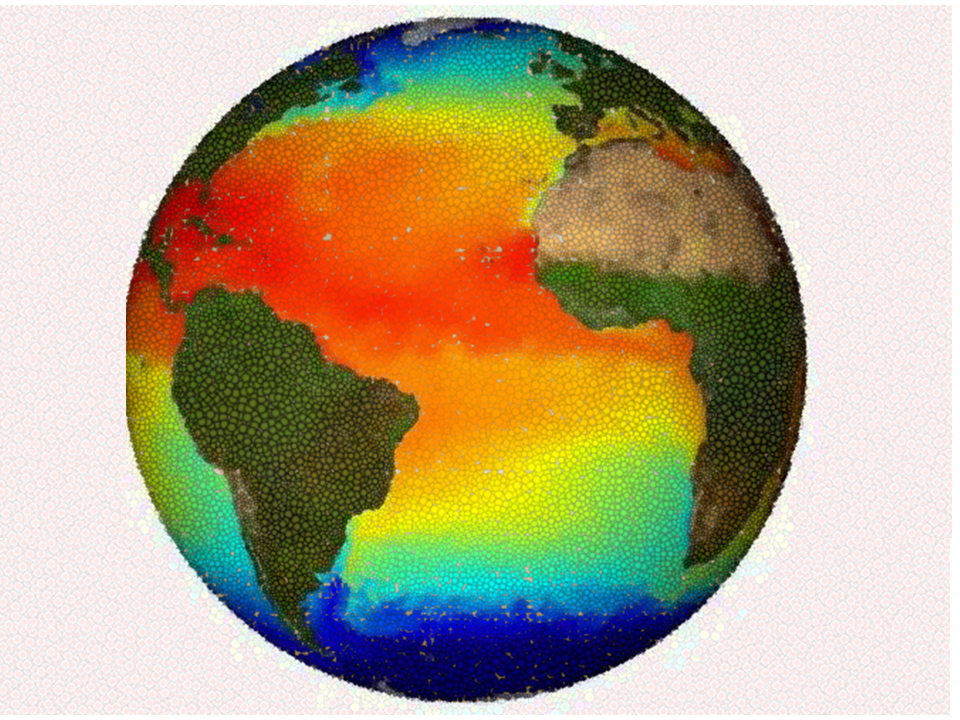Pick Up
1375. 10 Insights from Climate Research

1375. 10 Insights from Climate Research
The 30th Conference of the Parties to the United Nations Framework Convention on Climate Change (UNFCCC) (COP30) will be held in Belém, Brazil, from November 10th to 21st. Marking 20 years since the Kyoto Protocol came into force and 10 years since the Paris Agreement was adopted, the conference will review the implementation status of past agreements and discuss new goals and initiatives. Many research institutions are making policy recommendations ahead of COP30.
Research organizations such as Future Earth have published 10 key takeaways for policymaking based on climate research conducted over the past 18 months. The report warns that the weakening of terrestrial carbon sinks, particularly forests and soils in the Northern Hemisphere, could derail current emissions projections and accelerate global warming.
This year's 10 insights are as follows:
- Record warming in 2023/24: Evidence about the drivers of recent global warming suggests that global warming may be accelerating.
- Accelerating ocean warming: Rapid ocean warming and intensifying marine heatwaves are negatively impacting ecosystems and increasing the risk of extreme weather.
- Strain on terrestrial carbon sinks: As global warming progresses, the world's terrestrial carbon sinks are showing signs of stress.
- Climate-biodiversity feedbacks: Biodiversity loss and climate change are interacting in destabilizing loops.
- Declining groundwater levels: Climate change is accelerating groundwater depletion, increasing risks to agriculture and urban settlements.
- Climate-induced dengue outbreaks: Rising temperatures are creating favorable conditions for dengue-transmitting mosquitoes, leading to the geographical spread and severity of infections.
- Impacts on labor productivity: Increased heatstroke is projected to reduce working hours and economic output.
- Scaling Carbon Dioxide Removal (CDR): Responsibly scaling up CDR is essential, but the focus must be on emissions reductions to limit climate overshoot.
- Challenges to Carbon Market Integrity: To ensure true mitigation, standards and transparency in voluntary carbon markets must be strengthened.
- Effective Policy Mix: A carefully designed policy mix is more effective than any single measure to achieve deep and sustainable emissions reductions.
(Reference)
Future Earth, The Earth League, WCRP (2025). 10 New Insights in Climate Science 2025/2026. Stockholm. https://10insightsclimate.science/wp-content/uploads/2025/10/10NICS-202…
(Contributor: IIYAMA Miyuki, Information Program)
